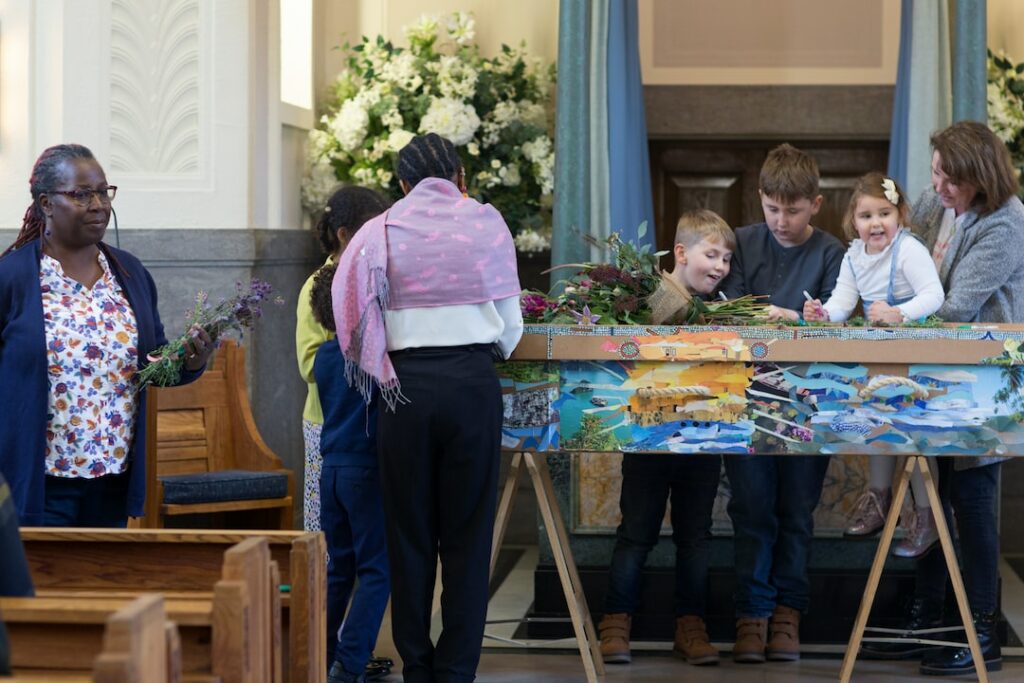
Understanding Different Types of Funeral Services and Their Costs
Introduction
When faced with the loss of a loved one, understanding the different types of funeral services and their associated costs becomes crucial in making informed decisions during the funeral planning process. This article aims to provide educational and informative content to help readers navigate through the various options available and choose the most suitable funeral service based on their preferences and budget.
Exploring Different Types of Funeral Services
Funeral services have evolved over the years due to changing traditions and social norms. There are four basic types of funeral services: traditional full-service burial, direct burial, full-service cremation, and direct cremation. Each type offers distinct elements that cater to different needs and preferences.
For those who prefer a traditional approach, a full-service burial typically includes a viewing/visitation, a funeral ceremony, and burial at the gravesite.On the other hand, direct burial involves burying the body shortly after death without a viewing or visitation, making it a more affordable option.
Similarly, full-service cremation involves a viewing/visitation, a funeral service, and cremation. Direct cremation, on the other hand, offers a more cost-effective alternative without a formal ceremony or funeral service.
It is essential to consider personal preferences, cultural practices, and religious traditions when selecting the type of funeral service that best honors the deceased and provides comfort to the bereaved.
Traditional Burial and Its Costs
A traditional full-service burial typically consists of several components, including a viewing/visitation, a funeral ceremony, and burial at the gravesite. Alongside these elements, there are costs associated with a traditional burial.
The costs of a traditional burial can include a basic services fee, charges for other services and merchandise, and cash advances. The basic services fee covers common services provided by funeral homes for all funerals. Additional charges may include transportation, embalming, use of facilities, caskets, and cremation or interment.
Caskets, in particular, can be the most expensive item in a traditional funeral, with prices ranging from $2,000 to $10,000. However, it’s worth noting that funeral homes must provide a list of caskets and their prices before showing them to customers, and it is possible to purchase caskets from third-party dealers and use them at the funeral home without incurring an additional fee.
While not legally required, burial vaults or grave liners are common in full-service funerals and may incur additional costs.
Cremation and Its Costs
Cremation has become an increasingly popular alternative to traditional burials. The process of cremation involves reducing the body to ashes through intense heat.
A full-service cremation typically includes a viewing/visitation, a funeral service, and cremation. The costs associated with cremation generally include a basic services fee and additional charges for cremation or interment.
For those looking for a more affordable option, direct cremation is available. Direct cremation involves the cremation of the body without a viewing or visitation, funeral service, or formal ceremony. Funeral providers offering direct cremation are required to provide an alternative container instead of a casket.
Memorial Service and Celebration of Life Options
A memorial service is a way of honoring and remembering the deceased. Unlike traditional funerals, memorial services are typically held at a different location without the body present.
Graveside services, on the other hand, are held at the cemetery or burial site and involve a ceremony at the gravesite.
The costs associated with memorial services can vary depending on the chosen venue and format. However, they generally offer more flexibility compared to traditional full-service funerals.
A celebration of life is another option for honoring the deceased. This type of service focuses on celebrating the person’s life, achievements, and positive impact rather than mourning their loss. It offers a more personalized approach, allowing for unique and meaningful ceremonies, themed events, and other creative memorialization ideas.
Factors Affecting Funeral Costs
Several factors can influence the overall cost of a funeral. Location plays a significant role, as funeral home fees can vary based on regional differences. Additional services and merchandise, such as transportation, embalming, and the choice of caskets or urns, can also impact the total cost.
Cultural and religious traditions may also affect funeral costs, as certain practices may require specific arrangements or additional services.
Pre-planning and comparing costs from different funeral homes can help individuals make informed decisions and potentially save on expenses. Funeral packages offered by funeral homes may provide cost savings compared to selecting individual services.
To assist in the funeral planning process, resources like Best Priced Funerals can provide tips and information on saving expenses and understanding funeral costs. It is advisable to consult such resources and explore various options before finalizing arrangements.
Conclusion
Understanding the different types of funeral services and their associated costs is essential for making informed decisions during the funeral planning process. By exploring the options available, individuals can choose a funeral service that aligns with their preferences, cultural traditions, and budget. Resources like Best Priced Funerals can offer further assistance and information in navigating funeral planning, casket selection, and other aspects of the process.

